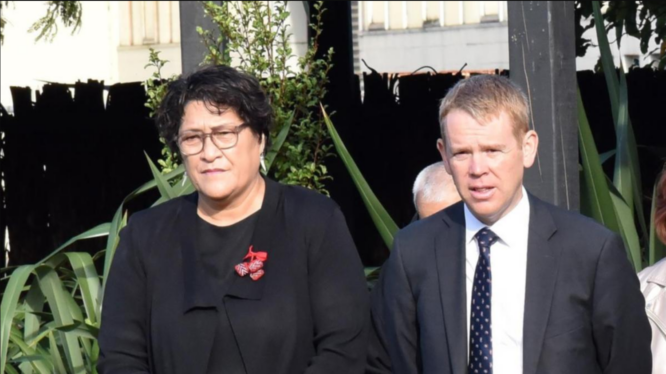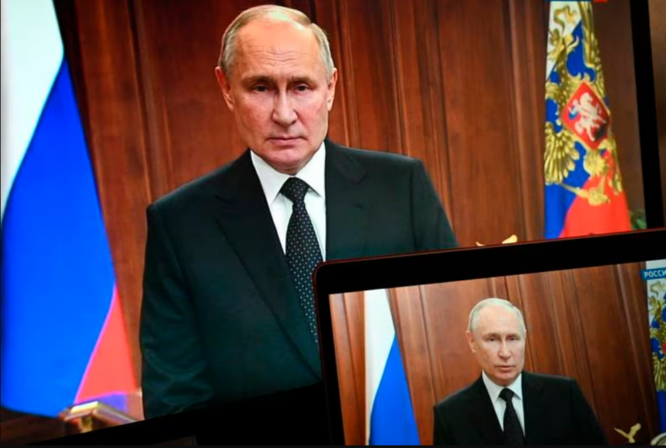The Kiwi power move has captivated New Zealand politics and has the potential to determine the outcome of the election on October 14.
But defecting Labour MP Meka Whaitiri has denied calculating revenge or playing politics with her bombshell move, claiming instead that she joined the Maori Party due to a gut reaction.
Ms. Whaitiri, a Labour member of parliament for ten years and twice promoted to the outer ministry, stunned political observers by quitting the government on Wednesday.

The low-profile Ikaroa-Rawhiti representative was the first minister to defect in decades.
She announced her decision while Prime Minister Chris Hipkins was en route to London for the coronation of the King.
She then retreated, leaving her Labour colleagues in the dark until Tuesday morning, when she used the Maori word for stomach to explain.
She told TVNZ that she was compelled to do this by a “puku” or inner voice.
“It was a strong vocation for me…many of your audience members may not comprehend that. However, as Maori, they will recognize this summoning, this beckoning.”
She stated that she had been “shackled” within the Labour government, denying that she had resigned over policy issues.
“I believed I was not heard. “I’ve joined a party where I can be heard,” she said.
Tuesday afternoon, supporters of the Maori Party and Ms. Whaitiri filled the public galleries of parliament in anticipation of her arrival.
Speaker Adrian Rurawhe threw out party co-leaders Rawiri Waititi and Debbie Ngarewa-Packer for singing in the house to announce the advent of a new member of parliament, thus denying them a show-stopping moment.
Waiata, or Maori melody, is commonly sung on important occasions in the New Zealand parliament.
Mr. Waititi later told reporters that their expulsion, which occurred during tributes to King Charles III following his coronation, demonstrated that parliament was hostile to Maori customs.
“This place is not safe for our people,” he stated.
Even though Labour maintains a majority in the chamber despite Ms. Whaitiri’s defection, the party has been shaken by the scandal.
Mr. Hipkins was interviewed shortly after Ms. Whaitiri on the same TVNZ program on Tuesday morning, expressing his disagreement with the notion that Labour had undermined her.
“I reread my messages thinking, ‘God, did I miss something from her?’… at no point did she indicate she had something to say,” he said.

Labour has appointed the most Maori ministers (eight, including six in cabinet) this term.
Maori ministers will continue without Ms. Whaitiri, but in a predicted razor-thin election, the defection could play out in a variety of ways.
The electoral system of New Zealand is designed to generate minority governments, with parties requiring to form coalitions to govern.
According to current polling, Labour’s route to a third term depends on the support of the Maori Party.
Ms. Whaitiri’s defection to the Maori Party, a left-leaning party founded two decades ago by another Labour defector, reshapes the relationship between the two parties.
On the one hand, it provides Labour with a familiar visage with which to negotiate, but on the other, it has created tension that may persist.
Ms. Whaitiri’s decision also improves the Maori Party’s chances of gaining the 1999-created Labour-held electorate of Ikaroa-Rawhiti.
The more seats the Maori Party wins, the more likely it is that it will play the kingmaker role following the election.
The action also permits the center-right opposition National party to conduct a campaign implying the far-left Maori Party is in league with the Labour Party.
Chris Luxon, leader of the National Party, stated, “It’s a complete shambles and a government in disarray.”
You will receive a Labour, Greens, and te Pati Maori coalition if you vote for any of these three parties.





